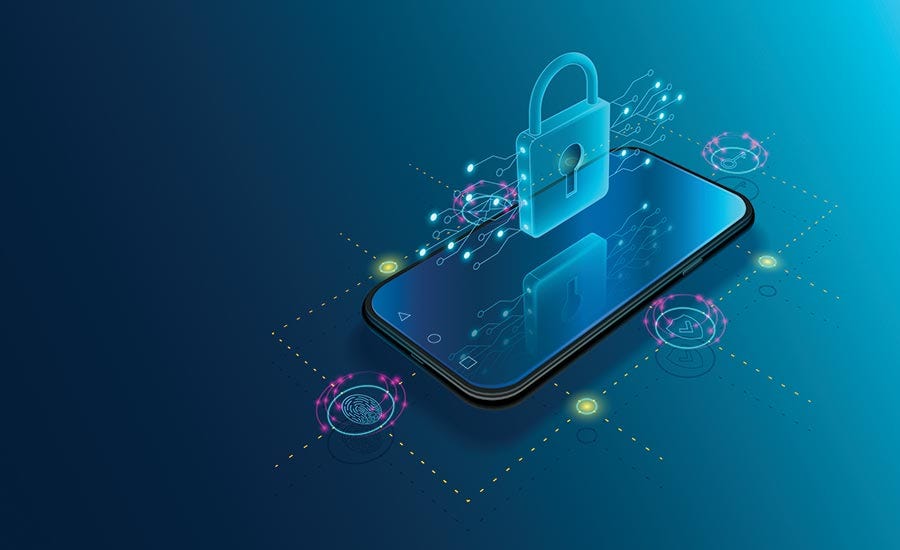By Duncan Vusa -Tech Correspondent
In an age where our smartphones are digital vaults holding our finances, personal memories, and private conversations, a startling number of users are leaving the key under the mat. From sophisticated phishing scams to unsecured public Wi-Fi, the threats to our mobile personal security are evolving faster than many can keep up with.
Your phone is arguably the most personal device you own, and consequently, the most lucrative target for criminals, They aren’t just after your photos; they’re after access to your bank accounts, your social media for impersonation, and a treasure trove of data to sell on the dark web.”
The risks are not merely theoretical. Recent reports highlight a surge in:
1. Smishing (SMS Phishing): Deceptive texts posing as your bank, a delivery service, or a tempting offer, designed to trick you into clicking malicious links.
2. Unsecured App Permissions: Many apps request access to contacts, location, and photos far beyond their functional needs, often harvesting this data for advertising or worse.
3. Public Wi-Fi Snooping: Hackers can easily intercept data sent over unsecured public networks at coffee shops or airports, capturing login credentials and personal information.
4. Outdated Software: Failing to install operating system and app updates leaves known security vulnerabilities wide open for exploitation.
So, how can the average user fight back? Experts agree that layering your defenses is the most effective strategy. You don’t need to be a tech wizard to implement these crucial steps.
Your Personal Mobile Security Checklist:
1. Lock It Down: This is step one. Use a strong, alphanumeric passcode or, even better, biometric authentication like a fingerprint or facial recognition. A simple swipe to unlock is an open invitation.
2. Update, Update, Update: Treat every software update notification as a critical security patch. These updates often fix vulnerabilities that hackers are actively using.
3. Be App-Smart: Download apps only from official stores (Google Play or Apple App Store). Scrutinize permissions—does a flashlight app really need your location? Regularly audit and uninstall apps you no longer use.
4. Think Before You Click: Be deeply suspicious of unsolicited links in texts, emails, and even social media messages. If in doubt, go directly to the company’s official website or app instead of clicking the link.
5. Embrace Two-Factor Authentication (2FA): This adds a second step to your logins, like a code sent to your phone. Even if a hacker gets your password, they likely won’t have this second key.
6. Avoid Public Wi-Fi for Sensitive Tasks: Never do online banking or shopping on an open public network. If you must use public Wi-Fi, use a Virtual Private Network (VPN) to encrypt your connection.
7. Regular Backups: Regularly back up your data to a cloud service or a computer at home. In the event of theft, malware, or a ransomware attack, your precious data will be safe.
Vigilance is the price of connectivity. Taking twenty minutes to review your phone’s security settings is not paranoia; it’s a necessary digital hygiene practice in the 21st century.
In a world where our lives are increasingly lived through a six-inch screen, securing that portal is no longer optional—it’s essential.
Tags: YOURPHONEISA


